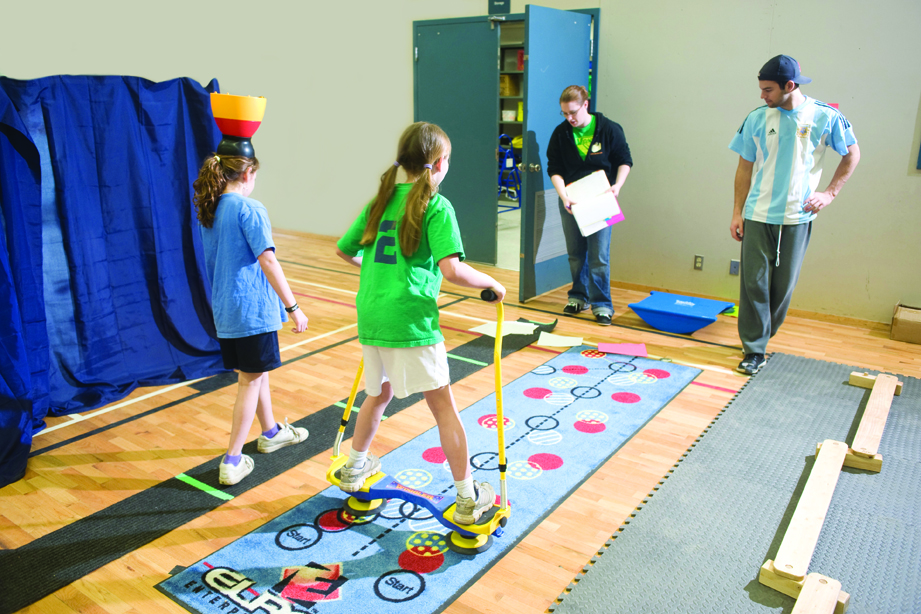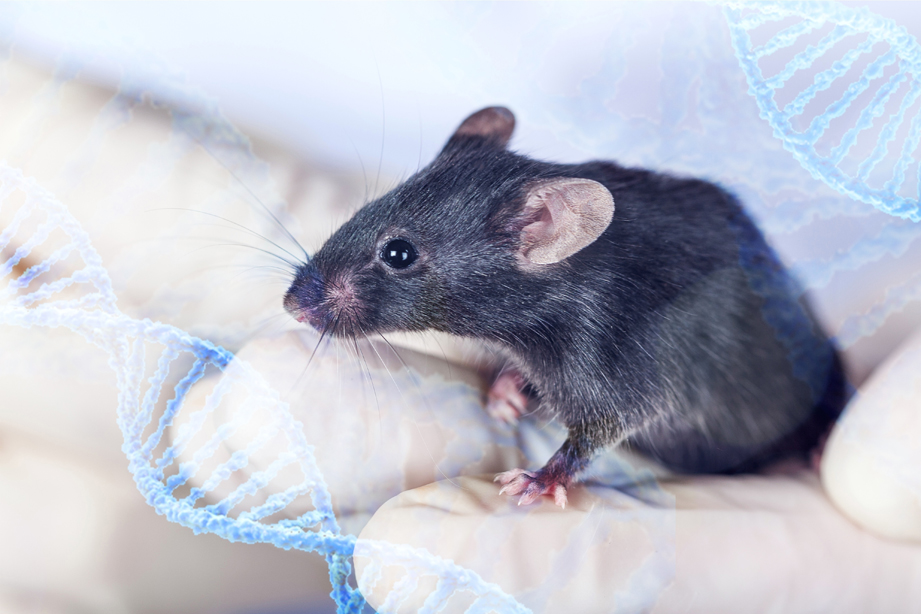Cycle I – Building the Network
The Kids Brain Health Network (KBHN) was established in 2010 as an interdisciplinary network of researchers and clinicians to address fundamental questions of early brain development with the specific goal of mobilizing this knowledge to improve the lives of children living with neurodevelopmental disabilities and their families. The initial research projects funded by KBHN focussed on the interaction between genes and the environment. This knowledge has led to a better understanding of the origins of three highly prevalent neurodevelopmental disabilities, namely Autism Spectrum Disorder (ASD), Cerebral Palsy (CP), and Fetal Alcohol Spectrum Disorder (FASD).
In mid-Cycle I, a Strategic Advisory Committee of stakeholders knowledgeable about research, training, and knowledge translation supported a board-led strategic planning process. This process’s key outcome was to shift the focus of KBHN’s research programs toward application-based research. Moving forward, KBHN emphasized developing new and better tools that would provide improved and earlier diagnosis, evidence-based behavioural and therapeutic interventions, novel ways to support children with neurodevelopmental disabilities and their families. The goal was to bring these advances to frontline workers to mobilize knowledge and build greater capacity. This framework guided the research and outreach efforts during the second half of Cycle I. The development of the Cycle II application was characterized by a further evolution of KBHN’s research programs to focus on three significant challenges that are critical across virtually all neurodevelopmental disabilities:
- Children with neurodevelopmental disabilities are not identified early enough, during the critical periods of brain development when the introduction of interventions will have the most significant impact on the trajectory of their disabilities;
- There are insufficient evidence-based interventions for neurodevelopmental disabilities, and those that are available are not progressing quickly enough into practice and are not accessible in all parts of the country where there is a demonstrated need; and
- The system of supports for children living with neurodevelopmental disabilities and their families lacks coordination, leading to fragmented and inadequate support for families in need of care.
Focusing on Strengths Rather than Deficits in FASD Interventions (OIP)
Challenge Approximately 1 in 100 children per year affected by [...]
The ASD Demonstration Project: Clinical Utility Studies
Challenge An autism spectrum disorder diagnosis gives parents and guardians [...]
The ASD Demonstration Project: Identifying Early Behavioural Biomarkers
Challenge Kids in Canada with autism spectrum disorder do not [...]
The Knowledge – Translation Core
Challenge It is no secret that there is often a [...]
The ASD Demonstration Project: Sleep: A Comorbidity Across Disorders
Challenge Upward of 90 percent of children with neurodevelopmental disabilities [...]
The ASD Demonstration Project: Translation of Genomic Discoveries into Clinical Practice
Challenge A person’s genome could contain useful information about their [...]
Gaining a Better Understanding of Perinatal Stroke
Challenge The time around birth (known as the perinatal period) [...]
Discovering Genes that Play a Role in Autism Spectrum Disorders
Challenge Mounting evidence has shown that genetics play a role [...]
Knowledge Translation Cerebral Palsy Network
Challenge While Canadian scientists are leaders in Cerebral Palsy research, [...]
FAST Club and Braingamers
Challenge Approximately 1 in 100 children per year are affected [...]
Rat Studies Help Better Characterize FASD and Identify Potential Biomarkers
Challenge Children are usually school-aged by the time they receive [...]
Mouse Models as a way to Determine Alcohol-Susceptible and Alcohol-Resistant Genes
Challenge When studying Fetal Alchol Spectrum Disorder (FASD), it’s challenging [...]













